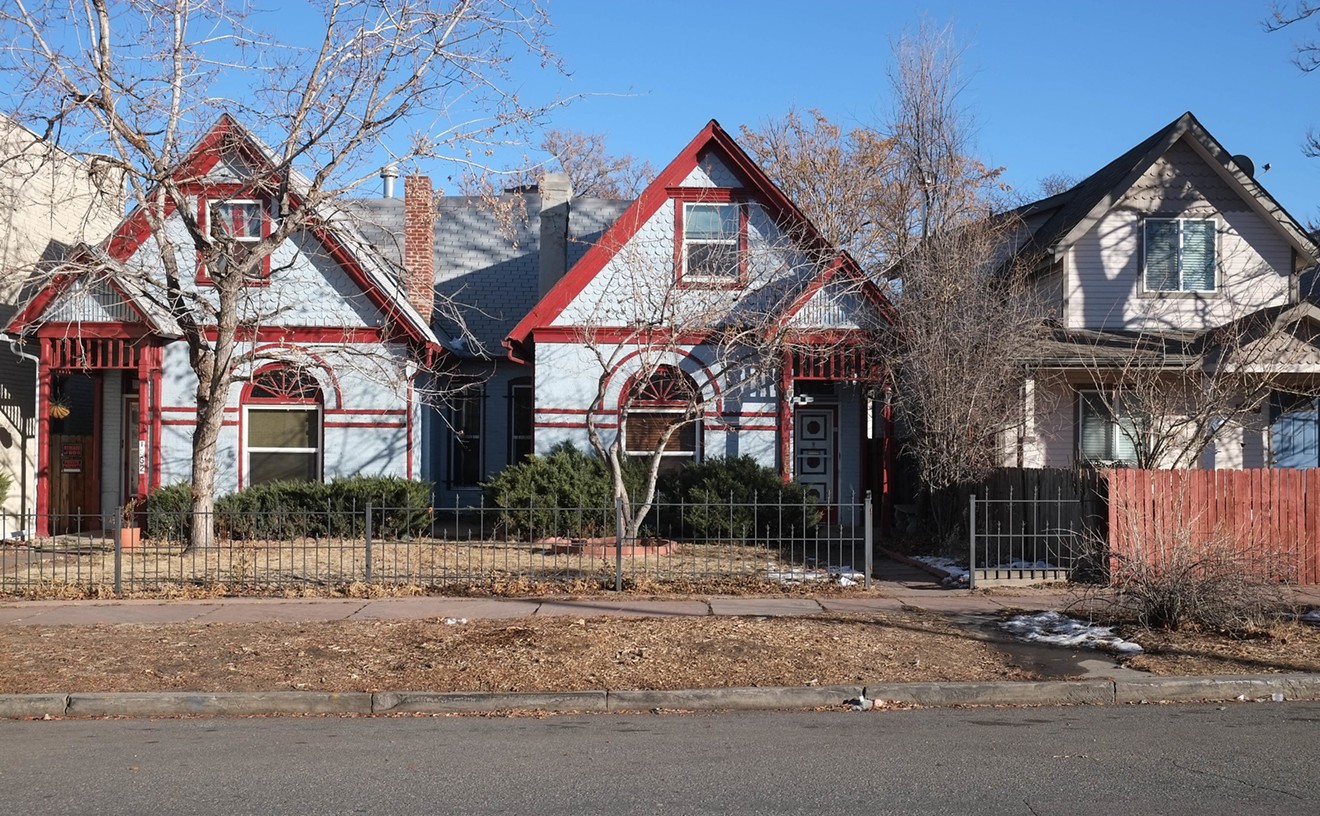A Colorado House committee has approved a bill that would remove the statewide prohibition on municipalities enacting affordable-housing requirements for rental developments, something state lawmakers have been trying to do for years.
"Local governments need as many tools as possible to provide the most solutions of relief to our communities," George Marlin, a Clear Creek County commissioner, said in support of the bill during the March 10 meeting of the Colorado House Transportation and Local Government Committee.
At the end of the meeting, representatives voted along party lines, with seven Democrats in favor of the bill and three Republicans against it. Four Democratic legislators from Denver lawmakers are the prime sponsors of the legislation.
If the proposal makes it out of the Colorado Legislature and is signed into law by Governor Jared Polis, it would reverse a prohibition on "inclusionary zoning" and allow governments to require developers to contribute to the affordable-housing rental stock — something that has been banned for over two decades.
In 2000, in what's known as the Telluride Decision, the Colorado Supreme Court ruled that municipalities were not only legally prohibited from instituting traditional rent-control policies, but could not require developers to build affordable rental units.
Since then, some Colorado municipalities have developed workarounds or instituted development impact fees that go toward affordable housing. Denver has such a fee in place, but it's one of the lowest in the nation.
This bill is the fourth attempt by lawmakers in five years to lift the prohibition. While it would give municipalities the power to require a developer to include affordable-housing units in a new rental development, municipalities would have to give the developers ways to opt out. The bill doesn't specify opt-outs; possibilities include allowing developers to donate land or pay money equal to how much the affordable-housing units would have cost.
The issue of affordability is particularly acute in metro Denver, where rents have grown over 77 percent in a decade, and ski resort areas, where there's a lack of affordable housing for local workers.
Seven people testified against the bill; most argued that, as written, the proposal would stifle the development market and actually lead to fewer affordable rental units being constructed.
Drew Hamrick, general counsel for the Colorado Apartment Association, referred to the measure as "de facto anti-growth legislation." The CAA wants to see the bill amended so that municipalities can require that no more than 20 percent of new rental units be affordable at no less than 80 percent of the average area monthly rent.
Representative Kevin Van Winkle, a Republican from Highlands Ranch, proposed an amendment that would have created the 20 and 80 percent guardrails proposed by the CAA. The committee voted against that proposal along party lines.
The CAA also wants lawmakers to establish a requirement that municipalities offer financial incentives to offset affordable-housing requirements in the bill. Lawmakers can amend the proposal as it works its way through the House and Senate, but the bill's sponsors are opposed to the types of amendments proposed by the CAA.
Lauren Brockman, a Denver metro real estate professional, echoed Hamrick's concerns. "Please place curbs and guardrails on what can be done," she said, while warning that development could stop completely.
Proponents of the measure who testified rejected the need for such guardrails, saying that municipalities would still want to encourage growth to keep up with housing needs.
"There is simply no evidence to state that development ceases with these policies," Denver City Councilwoman Robin Kniech told the committee.
Added Meghan Dollar, legislative advocacy director for the Colorado Municipal League: "It is not in the interest of the local government to require such strict affordable-housing standards that it kills new developments."
[
{
"name": "Air - MediumRectangle - Inline Content - Mobile Display Size",
"component": "12017618",
"insertPoint": "2",
"requiredCountToDisplay": "2",
"watchElement": ".fdn-content-body",
"astAdList": [
{
"adType": "rectangle",
"displayTargets": "mobile"
}
]
},{
"name": "Editor Picks",
"component": "17242653",
"insertPoint": "4",
"requiredCountToDisplay": "1",
"watchElement": ".fdn-content-body",
"astAdList": [
{
"adType": "rectangle",
"displayTargets": "desktop|tablet"
},{
"adType": "rectangle",
"displayTargets": "desktop|tablet|mobile"
}
]
},{
"name": "Inline Links",
"component": "18838239",
"insertPoint": "8th",
"startingPoint": 8,
"requiredCountToDisplay": "7",
"maxInsertions": 25
},{
"name": "Air - MediumRectangle - Combo - Inline Content",
"component": "17261320",
"insertPoint": "8th",
"startingPoint": 8,
"requiredCountToDisplay": "7",
"maxInsertions": 25,
"watchElement": ".fdn-content-body",
"astAdList": [
{
"adType": "rectangle",
"displayTargets": "desktop|tablet"
},{
"adType": "rectangle",
"displayTargets": "desktop|tablet|mobile"
}
]
},{
"name": "Inline Links",
"component": "18838239",
"insertPoint": "8th",
"startingPoint": 12,
"requiredCountToDisplay": "11",
"maxInsertions": 25
},{
"name": "Air - Leaderboard Tower - Combo - Inline Content",
"component": "17261321",
"insertPoint": "8th",
"startingPoint": 12,
"requiredCountToDisplay": "11",
"maxInsertions": 25,
"watchElement": ".fdn-content-body",
"astAdList": [
{
"adType": "leaderboardInlineContent",
"displayTargets": "desktop|tablet"
},{
"adType": "tower",
"displayTargets": "mobile"
}
]
}
]












